Are you worried and tensed about Breast Cancer? Do not worry. Learn Symptoms, Diagnosis & prevention tips now.
Breast Cancer is a type of cancer that affects the breast cells. Why do you think that the incidence of breast cancer is increasing every decade?
Answer is very simple, firstly because now mother are way to insecure about their shape post pregnancy hence they choose to feed baby on formula milk rather than going for breast feeding.
There are many researches which have proven that mothers who breast feed their baby for 2 years have less risk of developing breast cancer.
I am personally of the opinion that a mother should breast feed a baby at least till 1.5yrs of age to shed those extra pounds which she has gained during pregnancy and also to lower the risk of breast cancer.
Breast cancer is most commonly diagnosed in women ages 55 to 64. The combination of a person’s genes and their environment likely plays a role in the development of the disease.
Other risk factors include a family history of breast cancer, starting menstrual periods before age 12 or going through menopause after age 55, not having children, having dense breast tissue, and using hormone therapy after menopause, according to the American Cancer Society.
However, most women who get breast cancer don’t have any risk factors for the disease, other than their gender and age. Initially breast cancer will not have any symptoms.
Sometimes lump is too small for you to feel it. A painless lump, hard and uneven edges is more likely to be carcinogenic. But sometime even soft tissues could also be cancerous. Breast cancer has many distinct symptoms which every female should be aware of.
Females should also learn to self examine breast for breast cancer.
Common symptoms of Breast Cancer
- The first symptom of breast cancer is lump formation or hard tissue formation in either breast.
- Breast Pain
- Discharge from breast other than breast milk particularly clear or bloody discharge
- Change in shape and size of one or both breast.
- Dimpling on the skin of the breast
- A lump or swelling in either of the breast
- Rash around nipple
- Change in the appearance of the breast, nipple sunken in the breast
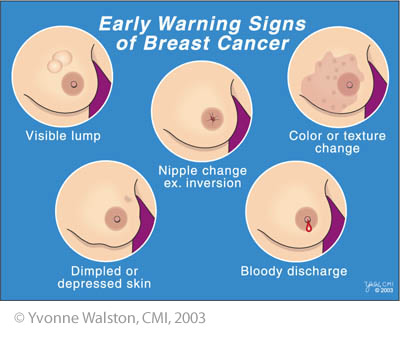
Symptoms of Breast Cancer
Image Source
Mammography is the test to diagnose breast cancer. So if you experience any of these symptoms it is advisable to approach your family physician and get breast examination done and further get mammography done to assure that it is not a breast cancer.
Diagnosis of Breast Cancer
If a screening method reveals possible breast cancer, follow-up tests are done to confirm the diagnosis. These include:
- Imaging tests such as mammograms, MRI scans or breast ultrasound. Each of these methods produces internal pictures of the breast that help doctors see a potential mass.
- Biopsies, which take cells from suspicious lumps to study in a pathology lab to determine if they are malignant. Cells are extracted through special needles or during surgery.
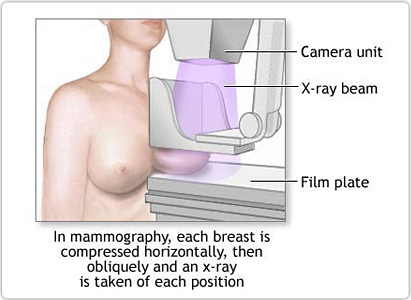
Mammography Test – Diagnosis of Breast Cancer
Image Source
If cancer is confirmed, doctors will perform additional tests to determine whether the cancer has spread within the breast, to the lymph nodes or to other parts of the body.
The earliest form of breast cancer is called ductal carcinoma in situ, and means that the cancer cells are confined to the milk ducts in the breast. This type of breast cancer is non-invasive (meaning it has not spread to other parts of the breast), and is the most curable form of the disease.
If the breast cancer has spread beyond the ducts and invaded other breast tissue, it is called infiltrating ductal carcinoma. This is the most common form of the disease, account for nearly 80 percent of breast cancers. This form of the disease could eventually spread to the lymph nodes or other parts of the body.
After diagnosis doctors also learn if the tumor is caused by a genetic mutation passed through families, or whether there are hormone receptors on the breast cancer cells, which indicate that the cancer may be responsive to hormonal treatment.
Ways to prevent Breast Cancer
- Avoid becoming overweight: Obesity raises the risk of breast cancer after menopause, the time of life when breast cancer most often occurs. Avoid gaining weight over time, and try to maintain a body-mass index under 25.
- Eat healthy to avoid tipping the scale: Embrace a diet high in vegetables and fruit and low in sugared drinks, refined carbohydrates and fatty foods. Eat lean protein such as fish or chicken breast and eat red meat in moderation, if at all. Eat whole grains. Choose vegetable oils over animal fats.
- Keep physically active: Research suggests that increased physical activity, even when begun later in life, reduces overall breast-cancer risk by about 10 percent to 30 percent. All it takes is moderate exercise like a 30-minute walk five days a week to get this protective effect.
- Drink little or no alcohol: Alcohol use is associated with an increased risk of breast cancer. Women should limit intake to no more than one drink per day, regardless of the type of alcohol.
- Don’t smoke: Research suggests that long-term smoking is associated with increased risk of breast cancer in some women.
- If you bear children, breast-feed your babies for as long as possible: Women who breast-feed their babies for at least a year in total have a reduced risk of developing breast cancer later.
- Avoid hormone replacement therapy: Menopausal hormone therapy increases risk for breast cancer. If you must take hormones to manage menopausal symptoms, avoid those that contain progesterone and limit their use to less than three years. “Bioidentical hormones” and hormonal creams and gels are no safer than prescription hormones and should also be avoided.
- Get regular breast cancer screenings: Follow your doctor’s recommendations to decide what type of screening you need and how often you need it.
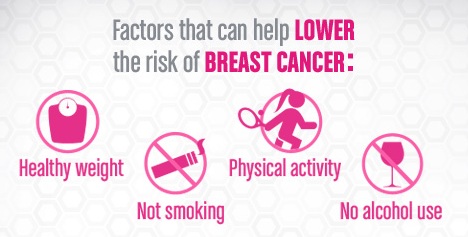
Lower Breast Cancer
Image Source
If you are at high risk for breast cancer, such as having a particular gene like a BRCA gene, or have a strong family history or have had high-risk benign breast disease in the past, talk with your doctor about other options for you which might include:
- Extra screenings: For some women, MRI or ultrasound screenings can add valuable information to regular mammogram screening.
- Estrogen-blocking drugs: Women with a family history of breast cancer or who are over age 60 should talk to their doctor about the pros and cons of estrogen-blocking drugs such as tamoxifen, raloxifene, and aromatase inhibitors.
- Prophylactic surgery to remove breasts and/or ovaries.Women who have had both breasts surgically removed reduce their risk of breast cancer by over 90 percent. Women who have had both ovaries removed have about half the risk of developing breast cancer as women with intact ovaries. Clearly these options are most appropriate for women at very high risk.
So what you are waiting for? If you see some Breast Cancer Symptoms, get diagnosed with mammography test and follow the prevention tips to cure as soon as possible.
RD Neha Kava
Latest posts by RD Neha Kava (see all)
- Is sugar healthy or unhealthy? - May 16, 2024
- Tips to control high blood pressure. - May 15, 2024
- Health Benefits of Mango - May 11, 2024

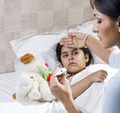
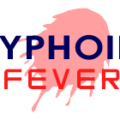

Hello Mate,
My mother is suffering from breast cancer and i found these above mentioned tips really great. This might help my mother to recover asap 🙂
Thanks again !
Hi, thanks for sharing tips about breast cancer. It is very important that every women should know about these tips. Also it is good to spread the cancer awareness so a lot of women can prevent having breast cancer.
Hi Nutrichoice4u,
Wow! Great post! Thank you so much for sharing this very informative, interesting, useful and helpful article on breast symptoms and diagnosis. I’m so happy you’ve posted this article. I appreciate and love your article. Thanks again for the post!